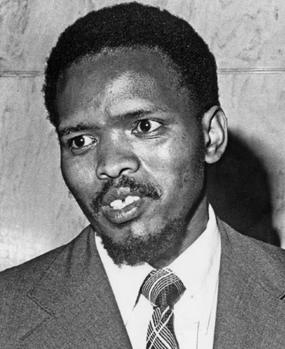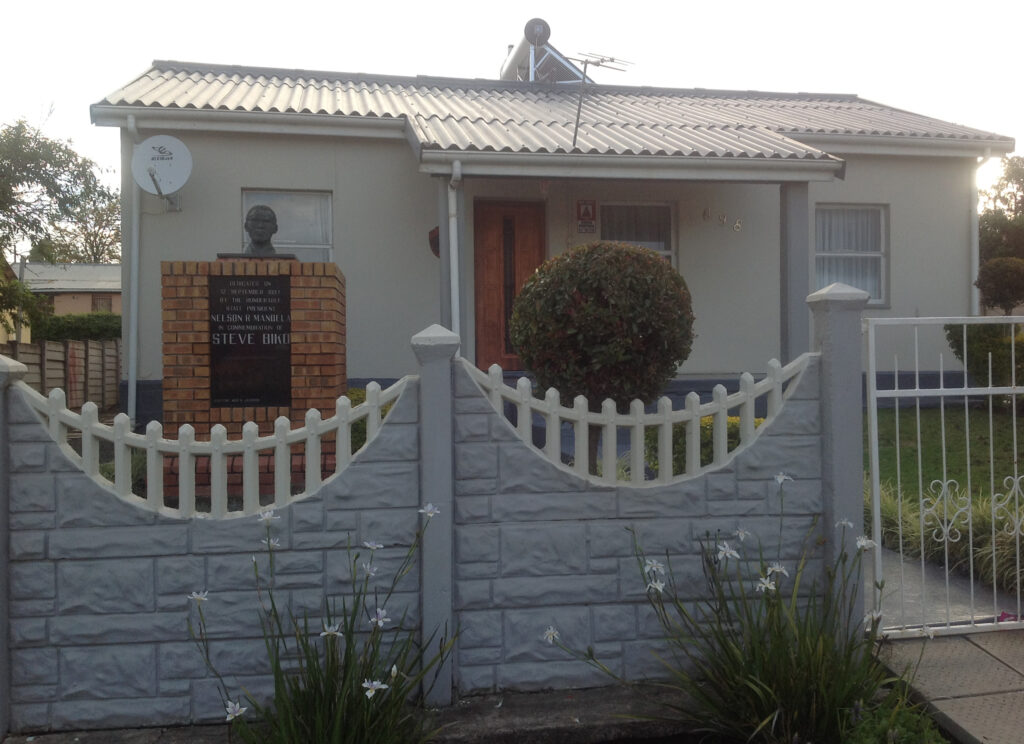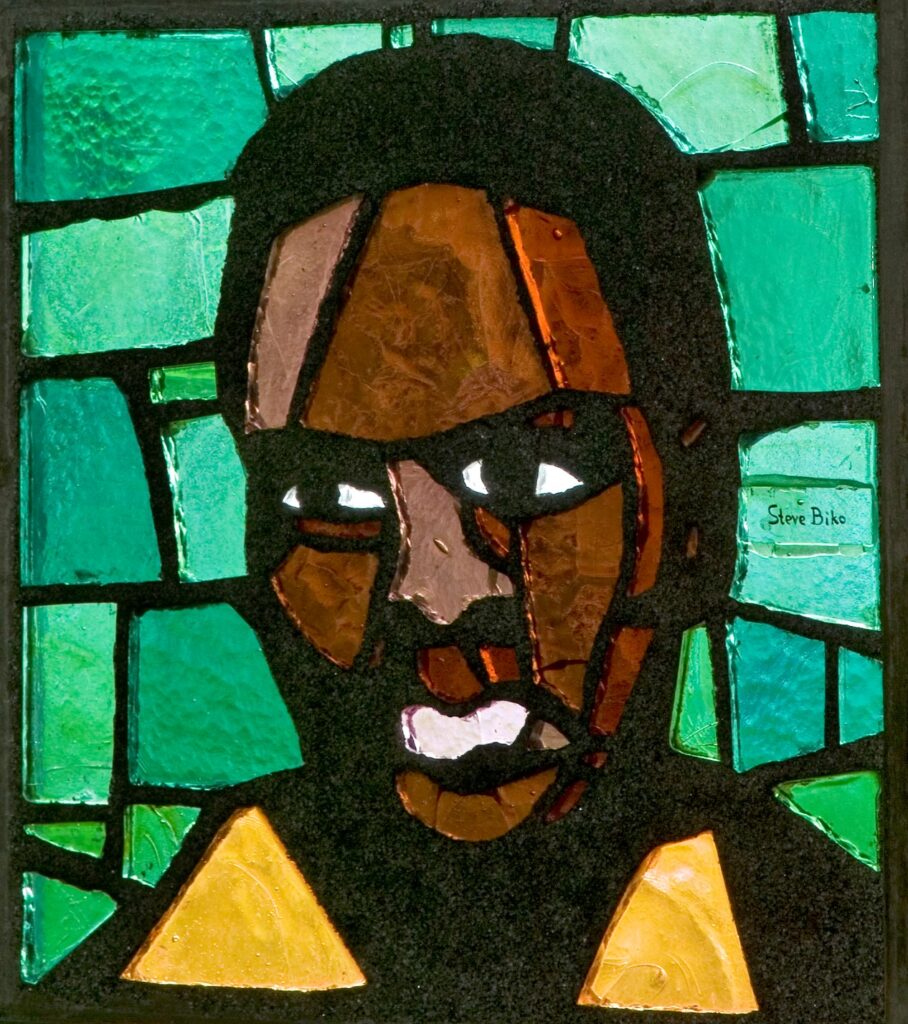The Anti-Apartheid Leader Was Brutalized and Killed in Police Custody
Today — September 12, 2024 — marks the 47th anniversary of the death of Steve Biko, a pivotal leader in the anti-apartheid movement in South Africa. Biko continues to inspire people around the world who fight for racial justice and human rights. Let’s take a look at his life, death and legacy.
Early Life
Steve Biko was born in 1946 in Tarkastad, South Africa and grew up in Ginsberg township in the Eastern Cape. His father died when Biko was just four years old, leaving the family’s four children dependent on his mother’s income as a cook and housekeeper. Biko was an excellent student and even skipped a year of primary school. He would later attend St. Francis College — a Catholic boarding school with a liberal political culture — and there began to develop his political consciousness.

Unknown Photographer — Fair use,
https://en.wikipedia.org/w/index.php?curid=54095214
Early Political Activism
From a young age, Biko was deeply troubled by the injustices of the apartheid system that oppressed the country’s Black majority. After enrolling at the University of Natal Medical School, Biko became involved in the Black Consciousness Movement, which sought to instill a sense of pride and self-worth in the Black community.
Biko quickly emerged as a charismatic and influential leader within the movement. He argued that Black South Africans needed to liberate themselves psychologically before they could achieve true political and economic liberation. Through his writings and speeches, Biko encouraged Black citizens to embrace their identity, resist internalized feelings of inferiority, and take an active role in the struggle against apartheid.

Photo By Thuvack – Own work, CC BY-SA 3.0,
https://commons.wikimedia.org/w/index.php?curid=28532293
A Born Leader
In 1969, Biko co-founded the South African Students’ Organization (SASO), which became a driving force behind the Black Consciousness Movement. Under Biko’s leadership, SASO organized numerous campaigns and protests that challenged the racist policies of the apartheid government.
Biko’s ideas and activism also inspired the formation of the Black People’s Convention, which aimed to unite various Black consciousness groups across the country.
Trouble With The Apartheid Regime
The apartheid regime viewed Biko and the Black Consciousness Movement as a serious threat. In 1973, the government banned Biko from speaking in public and placed him under house arrest. Undeterred, Biko continued to work secretly with other activists, organizing protests and writing articles that were smuggled out of the country and published internationally.
Arrest and Murder
In August 1977, Biko was arrested and detained by the security police. While in custody, he was brutally beaten and left to die. On September 12, 1977, at the age of just 30, Biko succumbed to his injuries, becoming one of the most high-profile victims of the apartheid regime’s violent crackdown on dissent.
Worldwide Reaction
The news of Biko’s death sparked outrage around the world. His funeral was attended by thousands of mourners, who paid tribute to his unwavering commitment to the anti-apartheid struggle. In the years that followed, Biko became a symbol of the ongoing fight for racial equality and human rights in South Africa and beyond.
A Lasting Legacy
Today, Biko is widely revered as one of the most influential figures in the anti-apartheid movement. His life and death have been the subject of numerous books, films, and works of art, ensuring that his story and his message continue to resonate with new generations. The Steve Biko Centre — a museum and cultural institution in his hometown — serves as a testament to his enduring legacy.

Artist: Daan Wildschut; Photographer: Sergé Technau
Wikimedia Commons, CC BY-SA 4.0,
https://commons.wikimedia.org/w/index.php?curid=61673677
So there you have it. In many ways, Steve Biko’s life and death exemplify the sacrifices and struggles that individuals have faced in the fight for freedom and equality throughout human history. His unwavering commitment to the principles of Black Consciousness and his willingness to confront the apartheid regime directly made him a formidable adversary in the eyes of the government. His legacy continues to inspire people around the world to take action, to speak out and to never give up in the pursuit of a more just and equitable society.
By Steven Roberts

